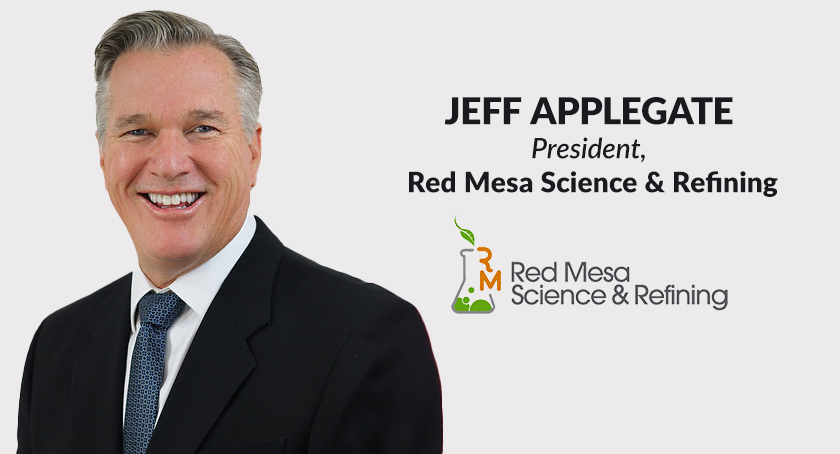Market Updates, Regulations
NPA Requests FDA Take More Action Against Adulteration
The trade group requested particularly that FDA begin issuing import alerts for supplements and expand participation in the group’s quality assurance program.

By: Mike Montemarano

The National Products Association, a D.C.-based trade organization based in Washington, D.C., has requested that the Food and Drug Administration (FDA) do more to combat economic adulteration, a practice in which unscrupulous actors within the dietary supplements industry replace certain ingredients, active or not, with less expensive and less safe alternatives, often without making a purchaser unaware, leading consumers to purchase fraudulent ingredients that are not listed on labeling.
According to NPA, the agency has not taken any actions against supplement manufacturers in response to economic adulteration in the past five years.
In the U.S., food products are considered adulterated if they contain poisonous or otherwise insanitary ingredients, if any of its constituents have been omitted in whole or in part, or if any substance has been substituted wholly or in part, or if any substance has been added to or mixed in so as to increase the bulk, weight, or reduce the quality or strength, or to make a product appear better or of greater value than it is.
NPA also expressed concern in the comments to FDA that the agency is falling behind on the Food Safety Modernization Act (FSMA) inspectional cycle. The trade group has long been concerned about manufacturers from overseas who import new dietary ingredients via an application process that requires much less scrutiny that conventional approval processes that occur domestically. In 2019, there were less than 50 notifications submitted to the FDA to establish the safety of new dietary ingredients in supplements, signifying a seemingly low number of imported, new dietary ingredients going through the application process.
“As a responsible industry, we invest in research, development, and time to maintain compliance and appropriately introduce these new dietary ingredients to market,” NPA said. “Knockoff ingredients erode the integrity of the [new dietary ingredient application] process and pose safety concerns to consumers[…] the knockoff ingredients in this scenario are marketed to consumers as if they were the ingredients that have undergone the rigorous scientific review by the agency, although they have in fact bypassed this process.”
“Fly-by-night companies that cut corners on safety and quality shouldn’t be allowed to send their products into our country,” Daniel Fabricant, PhD, president and CEO of NPA said. “But as long as the FDA continues to downplay the seriousness of adulterated products coming into this country, consumers are going to be at risk. The FDA has neglected as series of its enforcement obligations over the past several years, meaning unsafe and untested dietary supplement ingredients are being imported to the U.S. and reaching store shelves.”
In its letter to the FDA, NPA suggested that the agency take two steps aimed at protecting consumers.
Firstly, NPA believes the agency should issue an import alert for supplements. An import alert requires scant resources, and would provide important information to the agency to facilitate their enforcement of current dietary supplement regulations. An import alert acts as an immediate, automatic stopgap which places legal responsibility back on the importer to ensure that the products being imported into the U.S. are in compliance with FDA’s laws and regulations.
Additionally, NPA advised that the agency take action to expand the number of companies who agree to participate in the SSCI Initiative, an industry-driven quality control program that was established by NPA. SSCI involves many of the nation’s leading retailers, and recognizes various safety standards throughout the entire supply chain of a dietary supplement. Many retailers require that products meet or exceed the SSCI benchmark in order to be accepted for shelf space, with the goal of providing quality assurance and increasing consumer confidence.




















